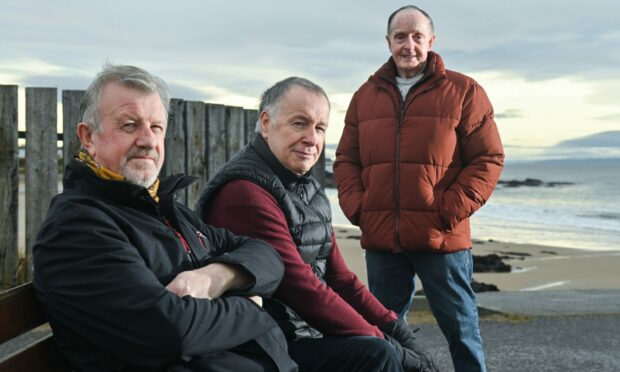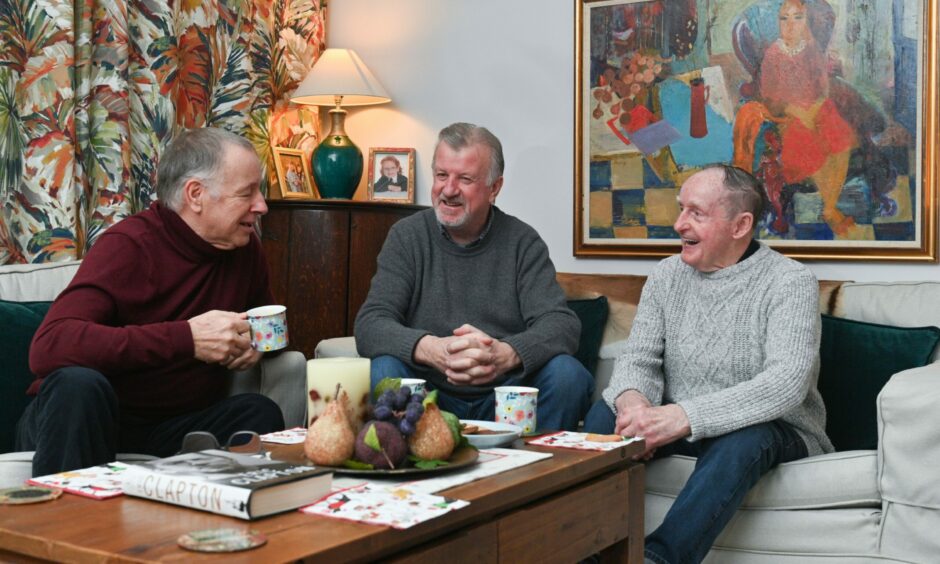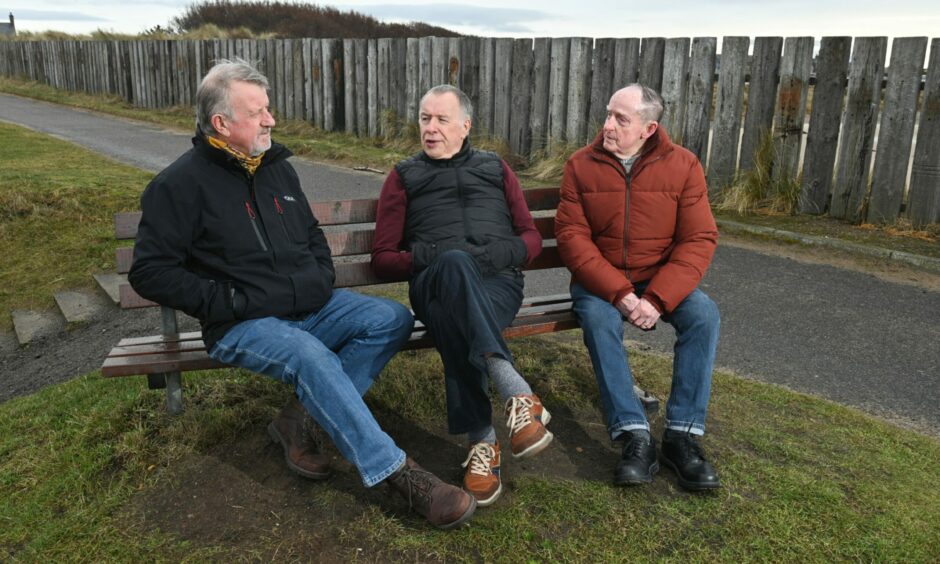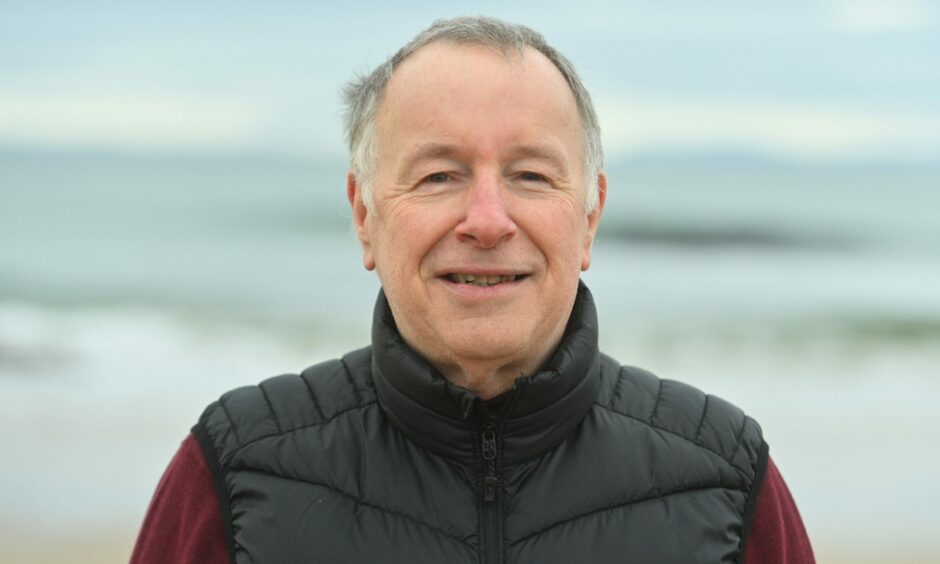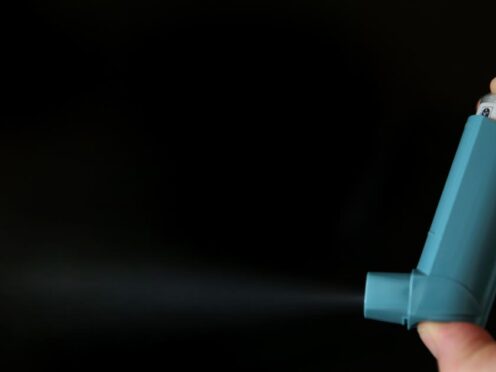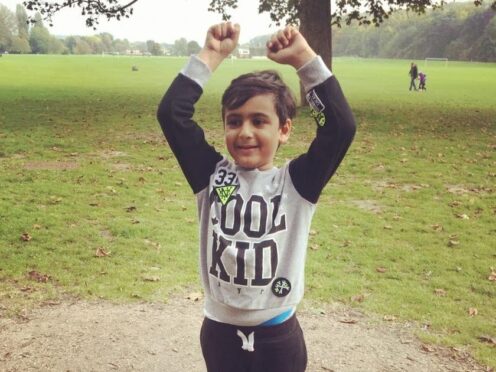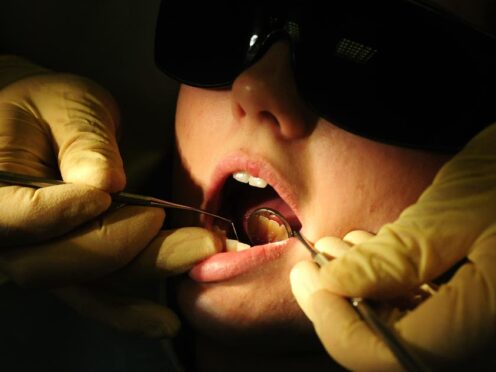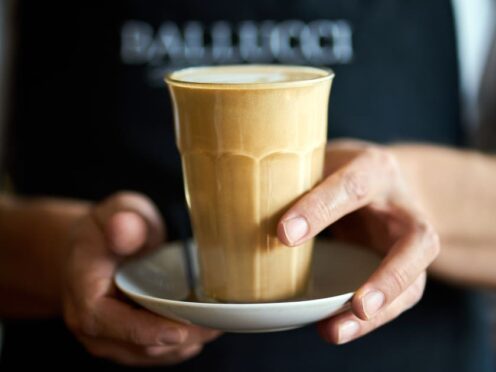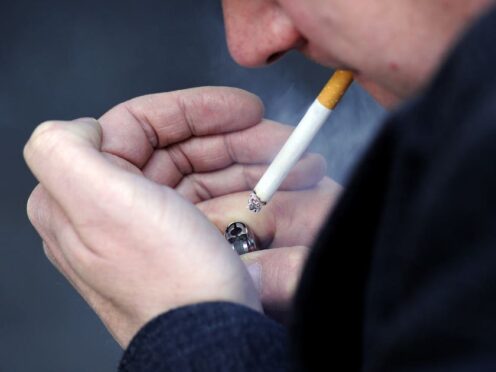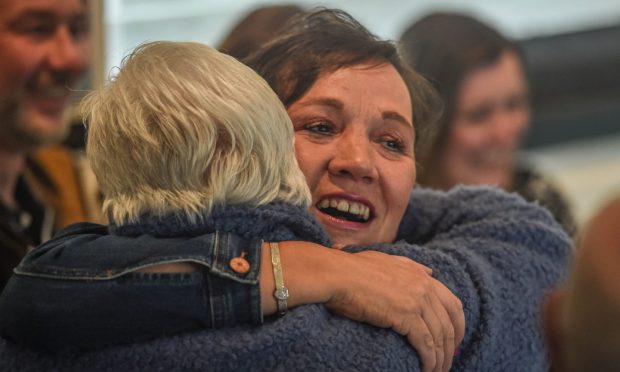Huntington’s Disease diagnoses can be an isolating experience families – but a group of Moray campaigners have been trying to reverse that by reaching out themselves to provide support.
The incurable genetic condition is passed down through countless generations with children having a 50% chance of inheriting it from parents.
Northern Scotland is now believed to be a global hotspot for the neurological disease, which predominantly affects movements, with recent Aberdeen University research identifying it is five times more common there than the worldwide average.
The gradual loss of being able to talk, walk and perform otherwise simple tasks can lead to households becoming more withdrawn – with loved ones often having to assume caring responsibilities.
Four years ago a group of Huntington’s Disease families in Moray came together to support each other through some of their darkest moments.
And they believe the benefits are what no medical professional is capable of offering.
‘When families are diagnosed with Huntington’s, they don’t know where to go’
The group of Huntington’s Disease families in Moray came together in 2018 amid concerns about a lack of specialist support in the area.
However, quickly it became a forum of solidarity to provide strength to families facing the prospect of generations facing the save life-long struggle.
Jock Anderson, who lives in Hopeman, lost his first wife Maureen to the illness with two of his three daughters also being diagnosed.
He said: “One of the biggest problems is it affects everyone in that family. You have the person who is diagnosed but then there are four, five, six people who are also affected or could also be diagnosed – it multiplies very quickly, so quickly.
“Somewhere down the line everyone in that family is going to need help.
“Folk are often being cared for in their own home, so it’s very claustrophobic, people need to get out and speak to others.”
Jock Savage’s lost his wife Margaret to the illness two years ago with his son Derek recently being diagnosed.
The Lhanbryde resident said: “When our family was diagnosed there was nowhere we could go, nobody to talk to.
“When we started to talk to others we found we could relate to each other.”
‘We knew what each other was going through’
Retired whisky worker Brian Watt, who lives in Hopeman, was diagnosed with Huntington’s in 2016 after a fall.
Since then, the grandfather has encountered difficulties speaking to medical professionals about the condition.
However, pressure from the Huntington’s Disease group in Moray has helped secure the support of a dedicated specialist in the region.
Mr Watt said: “It’s difficult to see the same GP each time now, and I’ve noticed you spend half the appointment time explaining what HD (Huntington’s Disease) is.
“So, it’s difficult to have an understanding of something when the awareness isn’t even there.”
The Huntington’s Disease support group in Moray, is now preparing to resume holding quarterly meetings among members – sessions that are used to share experiences, talk about problems, pass on tips and build friendships.
Meanwhile, specialist nurse Huntington’s nurse Shirley Catto holds monthly drop-in sessions to provide medical advice about the condition.
Mr Anderson said: “When we get together you don’t need to explain things, because we all know what each other is going through.
“It’s a great feeling to speak to someone without that need to explain everything, it’s different from what a medical professional or a counsellor might give you.
“It’s friendship and family too, and it’s that solidarity that gives us hope.
No hesitation signing up for search to find ‘lifeline’ Huntington’s Disease cure
Huntington’s Disease remains incurable with about one in 5,000 people in Scotland having the illness.
About 1,100 have been diagnosed with up to an estimated 6,000 others at risk of inheriting it from parents – with the north and north-east believed to be a “hot spot”.
Symptoms generally develop slowly with them ordinarily starting between 30 and 50 years old – but can be much earlier or later.
Gradually the signs, which include involuntary movements, personality changes, problems speaking and swallowing and difficulty concentrating, get worse with the disease usually fatal after 20 years.
In the later stages, people require round-the-clock supervision in care homes.
Despite several clinical trials, no cure has been found for the condition.
However, Mr Watt, has been selected to be one of six Scots in a global trial of 486 people.
The 18-month Proof-HD trial requires participants to take two tablets twice a day while visiting researchers at Aberdeen University for regular cognitive tests to assess its impact.
Mr Watt said: “I got told I fit the criteria, in terms of my age and disease progression, so I jumped at the opportunity.
“It’s not going to help me. I’m 66, and I’ve had a good life, but it would really be a lifeline for the next generation.”
The next meeting of the Huntington’s Disease support group in Moray will take place on Wednesday, January 26 at 7pm at a venue to be confirmed. Details will be made available on the group’s dedicated Facebook page.
Read more:
